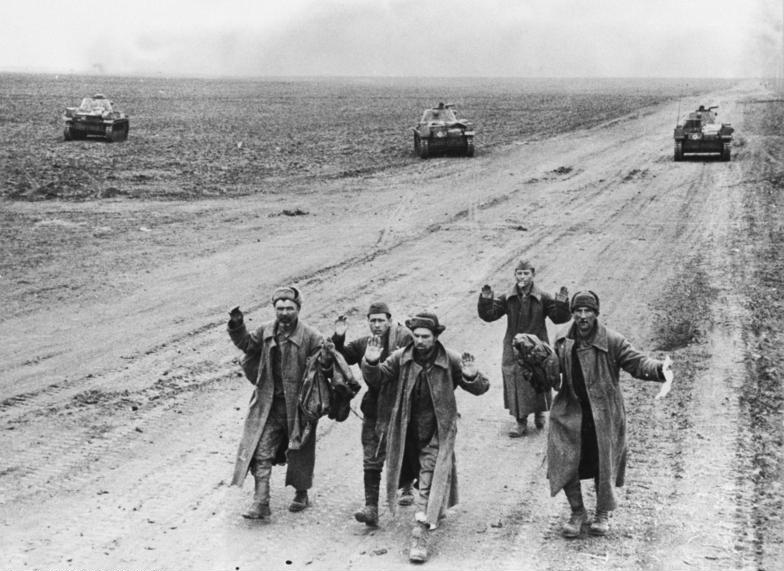
The Second World War was the most destructive conflict in modern European history. At the height of the war, German soldiers occupied lands from the Channel Islands to the Caucasian mountains, from Scandinavia to the Attica peninsula. Across the continent, societies were torn apart by invasion, occupation, and civil war. Drawing on key secondary texts and primary sources, this course examines Nazi Germany’s war in Europe from a comparative perspective. It looks at the origins of the conflict; the course of the war, from the partition of Poland to the fall of Berlin; war crimes; Nazi occupation regimes; local collaboration and the recruitment of hundreds of thousands of non-Germans into Hitler’s armies; resistance and partisan insurgency; ethnic cleansing and genocide; and the aftermath of the war. The focus is not only on political leaders, party functionaries, and generals, but also on ordinary people, such as soldiers, peasants, slave workers, and concentration camp inmates. Particular attention is given to the views and experiences of contemporary intellectuals, such as George Orwell, Raphael Lemkin, Marc Bloch, Albert Camus, and Hannah Arendt. The course considers the Second World War as an amalgam of different forms of conflict, including wars between states, civil wars, and partisan wars, and it also addresses more general questions about conflict and violence in the modern age.
